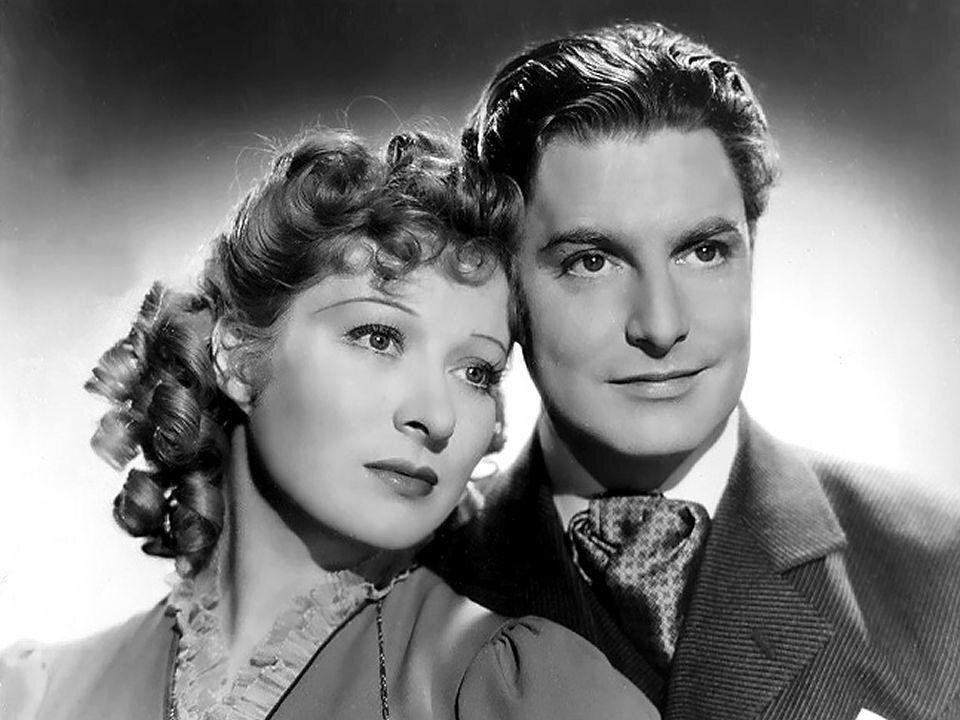Few films honor the teaching profession as nobly as “Goodbye, Mr. Chips” (1939), the first film adaptation of James Hilton’s bestselling 1934 novella. Although this title may not be as recognizable as others from Hollywood’s “Golden Year,” it’s a classic that deserves the honors and acclaim it received in 1939.
In 1870, 20-something-old Charles Chippings (Robert Donat) arrives at Brookfield School, a centuries-old boys’ boarding school, to teach Latin. The timid young man struggles to gain his students’ respect and maintain discipline, so he sometimes leans toward harshness. He becomes a good teacher yet fails to befriend the boys and thus remains a senior master instead of a housemaster.






